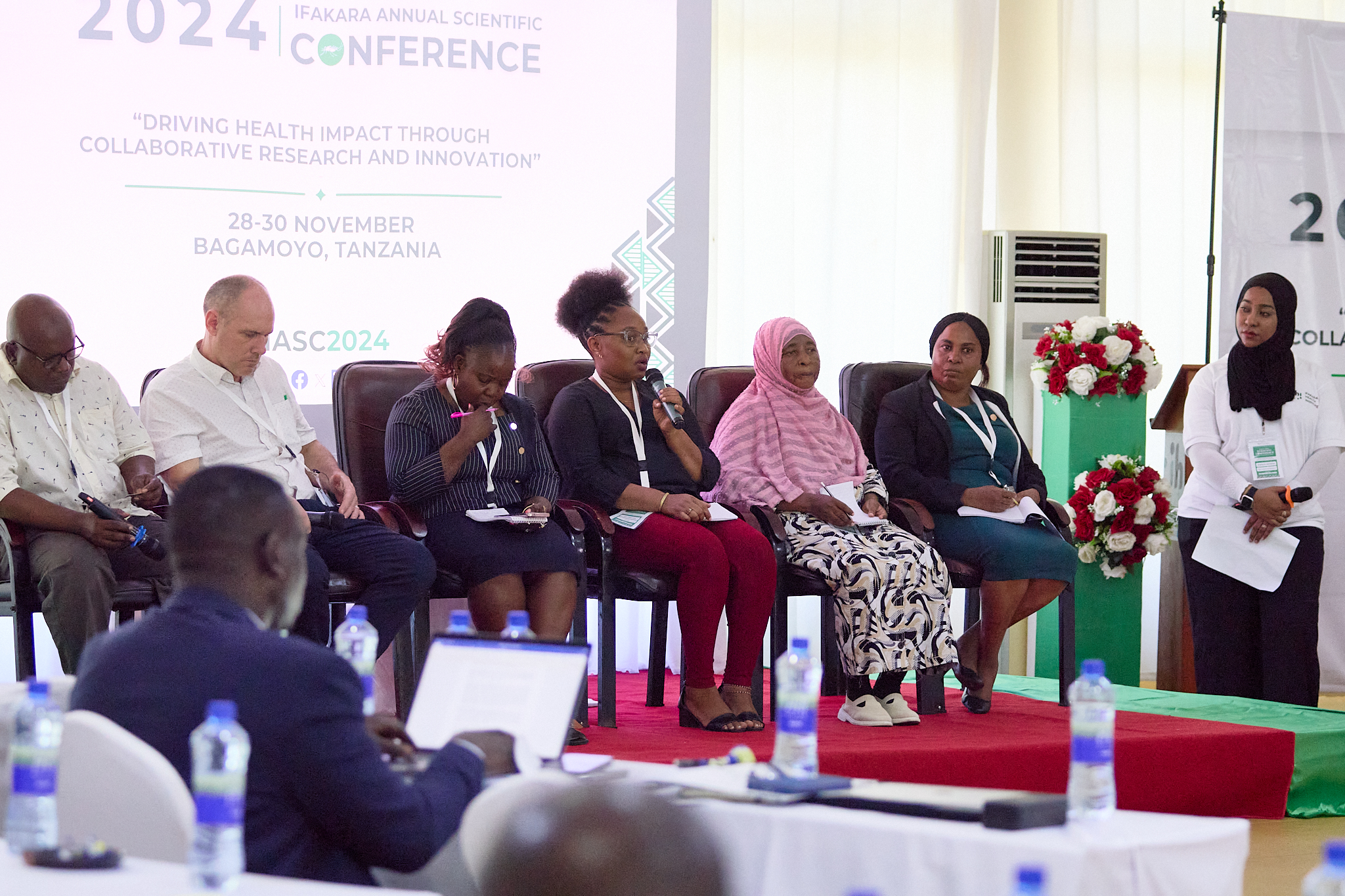The Ifakara Health Institute (IHI) is a leading health research organization in Tanzania, Africa, with a strong track record of developing, testing and validating innovations for health. Over the past 3 years, IHI have held annual scientific conferences where researchers share their work and explore collaborations with colleagues across the institution.
At this year’s Ifakara Health Institute Annual Scientific Conference, Mesh members had the opportunity to present key areas of community engagement to 270 public health researchers. With the theme "Driving Health Impact through Collaborative Research and Innovation," the conference provided an ideal platform to showcase Mesh’s commitment to fostering collaboration among researchers, scientists, and health professionals, all working together to advance impactful health solutions through innovative research. The conference took place in Bagamoyo, Tanzania from 28th - 30th November 2024.
Mesh Lead, Dr. Alun Davies, and Mesh African Regional Coordinator, Ms. Sheikha Mohamed, engaged in valuable exchanges, sharing knowledge, exploring new partnerships, and discussing strategies to address pressing community engagement challenges at various stages of public health research.

Over the course of the three-day event, the Mesh team also conducted an engagement workshop with 17 participants, comprising principal investigators (PIs) and engagement practitioners. Key areas explored during this workshop were:
- The difference between ‘engagement’ and ‘involvement’ with research
- Possible methods of conducting engagement to feed into funding proposals
- Community engagement and ethical review
The workshop was followed up by several one-on-one sessions with PIs to deepen their understanding of the importance of community engagement and involvement, and to discuss potential strategies for specific research projects.
In his closing remarks, the Chief Executive Director, Dr. Honorati Masanja, highlighted the critical importance of stakeholder engagement, emphasizing it’s key importance for successful research translation. He noted that engaging stakeholders effectively fosters stronger partnerships and ensures alignment toward shared goals and aspirations. Additionally, he underscored that clear and open communication with stakeholders is crucial in addressing misconceptions and concerns, further facilitating the successful translation of research.
